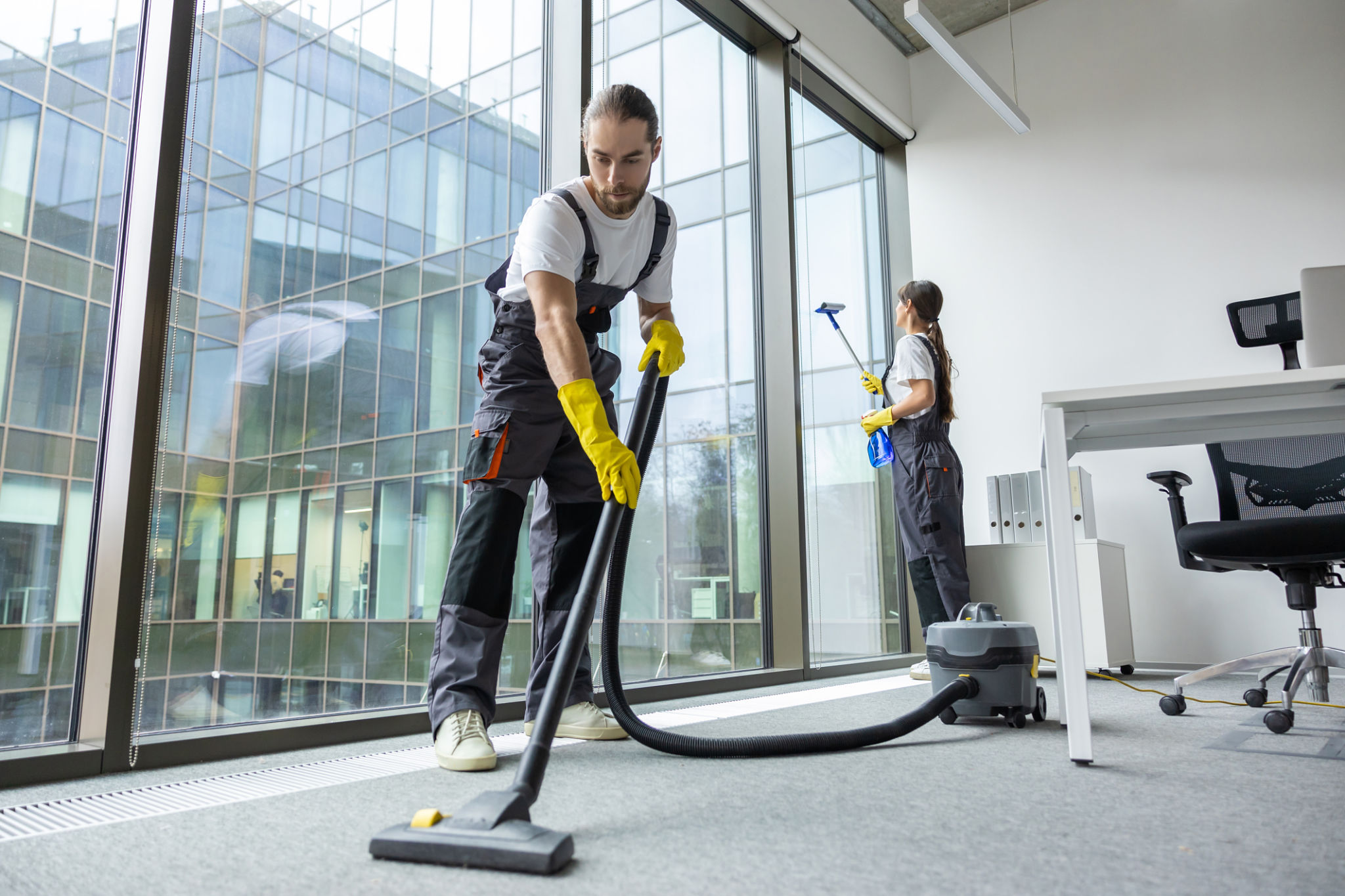Expert Insights: Common Misconceptions About Commercial Cleaning
Understanding the Scope of Commercial Cleaning
One of the most common misconceptions about commercial cleaning is that it is simply about making a space look tidy. However, the scope of professional cleaning goes beyond mere appearances. It involves maintaining a hygienic environment that promotes health and productivity. This includes using specialized equipment and cleaning agents to ensure that every nook and cranny is free from bacteria and allergens.

Commercial cleaning also encompasses a wide range of services tailored to different industries. From medical facilities requiring stringent sanitation standards to corporate offices needing regular maintenance, each setting demands a unique approach. Understanding this diversity is crucial for businesses seeking effective cleaning solutions.
The Myth of One-Size-Fits-All Solutions
Another misconception is that all cleaning services are the same, leading some to assume that a one-size-fits-all solution is sufficient. In reality, effective commercial cleaning requires a customized plan that addresses the specific needs of each space. This includes assessing high-traffic areas, identifying potential health hazards, and scheduling cleanings at times that minimize disruption.
Businesses often find that investing in customized cleaning services not only enhances cleanliness but also extends the life of their assets. Carpets, upholstery, and flooring last longer when maintained properly, ultimately saving money in the long run.
Is It Really Worth the Cost?
Cost concerns can lead businesses to underestimate the value of professional cleaning services. Some may view it as an unnecessary expense, opting to handle cleaning internally. However, this approach can result in subpar cleanliness and increased employee workload, affecting productivity and morale.

Professional cleaners are trained to use industry-grade equipment and techniques that achieve superior results efficiently. This expertise ensures a healthier work environment, which can reduce employee sick days and boost overall efficiency. Investing in professional services often yields a positive return by enhancing workplace conditions.
The Role of Technology in Modern Cleaning
Many people are unaware of how technology has transformed the commercial cleaning industry. Advanced tools like HEPA-filter vacuums, electrostatic sprayers, and automated scrubbers have improved both the effectiveness and efficiency of cleaning processes. These innovations allow for deeper cleans in less time, reducing downtime for businesses.
Moreover, digital scheduling and reporting systems offer transparency and flexibility, allowing businesses to track cleaning activities and adjust them as needed. This integration of technology not only improves service quality but also provides peace of mind for business owners.

Sustainability and Eco-Friendly Practices
Another misconception is that commercial cleaning is inherently harmful to the environment due to the use of harsh chemicals. However, many professional cleaning companies now prioritize sustainability, offering eco-friendly alternatives that are just as effective as traditional methods.
Green cleaning products reduce environmental impact while ensuring safety for employees and customers. Additionally, practices such as waste reduction and recycling are becoming common in the industry, reflecting a growing commitment to environmental responsibility.
The Importance of Communication
Effective communication between businesses and cleaning providers is often overlooked. Some assume that once a contract is signed, no further interaction is needed. However, regular communication ensures that cleaning services continue to meet changing needs and expectations.
Businesses should feel comfortable discussing any concerns or adjustments with their cleaning provider. Open dialogue fosters a partnership that can adapt to new challenges, such as increased sanitation requirements during flu season or after events.
